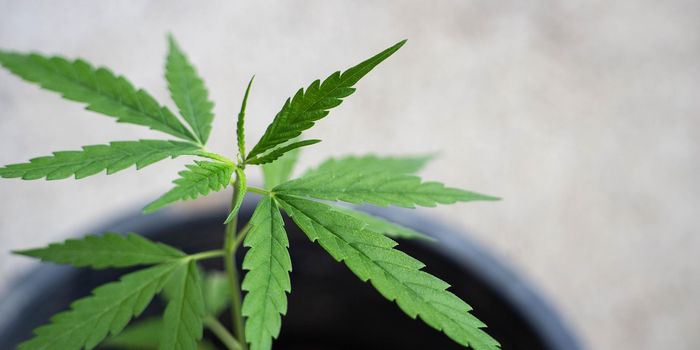Cannabis Impairment Detection: The Need for More Effective Measures
A recent study published in JAMA Psychiatry examines the accuracy of field sobriety tests in pinpointing drivers who are inebriated from THC after cannabis use. This study was conducted by the University of California San Diego Center for Medicinal Cannabis Research and comes after California has observed a 62 percent rise in the number of fatal crashes where drug-related impairment was involved between 2018 and 2021, increasing from 173 to 280, respectively.
“Driving is a complex task that requires intact attention and motor skills to stay safe,” said Dr. Thomas Marcotte, who is a professor of psychiatry at UC San Diego School of Medicine and co-director of the Center for Medicinal Cannabis Research at UC San Diego, and lead author of the study. “While cannabis can be impairing, the effects vary for each individual. There is thus a public health need to confirm that evaluations of impairment are effective and unbiased, and this study is an important step towards that goal.”
For the study, the researchers enrolled 184 adult cannabis user participants between ages 21 and 55 to take either a THC cannabis cigarette or a placebo cannabis cigarette, where 121 (66%) received the former and 63 (34%) received the latter. From a scale of 0 to 100, the THC users disclosed a midrange highness level of 64, which proposes the THC cigarette was successful in causing notable inebriation. All participants then conducted a series of field sobriety tests administered from highly trained law enforcement officers to observe four aspects: coordination, eye movements, coordination, and balance.
The study’s findings indicated the officers observed a notably greater number of users in the THC cigarette group exhibiting impairment on three of the four aspects compared to the placebo cigarette group. As an example, the officers categorized 98 users (81%) from the THC group as being inebriated one hour after smoking compared to 31 users (49%) from the placebo cigarette group. However, the officers disclosed they suspected that 99% of the participants who failed the tests had consumed THC.
Along with the field tests, the participants conducted a driving simulation with the researchers observing their performance was linked to their field test results, but the officers were unaware of this data.
The study concluded that while field sobriety tests could be used to examine cannabis impairment, the significant overlap in failed tests between both groups in combination with the large number of officers who surmised this was from THC indicates field sobriety tests alone are not adequate to recognize THC-distinct inebriation.
“Field sobriety tests are useful additions to overall evaluations of drivers but are not accurate enough on their own to determine THC impairment,” said Dr. Marcotte. “New effective measures for identifying cannabis impairment are needed to ensure the safety of all drivers on the road.”
The researchers suggest that such effective measures could include officers gathering additional information from the driver during an on-site interview, along with examining their driving skills. Therefore, a combination of field sobriety tests and with this additional information could increase the success rate in determining the reasons behind a driver’s impairment.
What new discoveries will researchers make about THC and driver impairment in the coming years and decades? Only time will tell, and this is why we science!
As always, keep doing science & keep looking up!
Sources: JAMA Psychiatry, California Department of Motor Vehicles, EurkeAlert!








